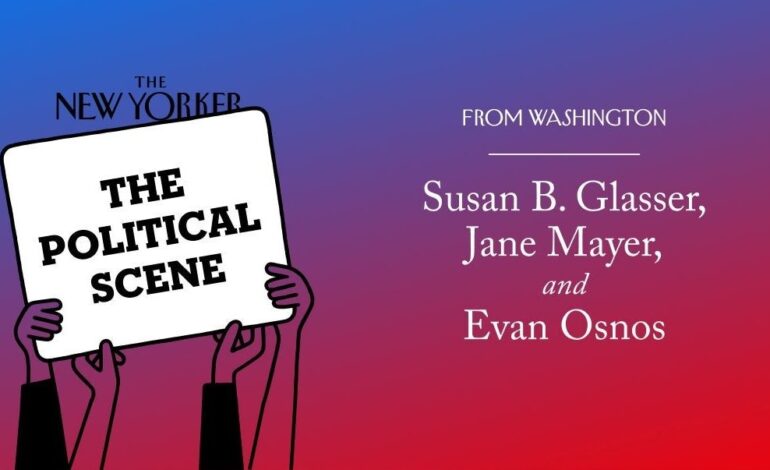Trump’s Military Maneuvers Raise Concerns Over Civil-Military Relations

Donald Trump’s recent actions regarding the military have ignited intense discussions about civil-military relations in the United States. The President has dispatched the National Guard to various American cities despite objections from local leaders. Additionally, he has dismissed attorneys from the Judge Advocate General’s Corps, who are responsible for assessing the legality of military orders. These moves signal a concerning shift in the relationship between the armed forces and political leadership.
Implications of the Insurrection Act
The invocation of the Insurrection Act could grant Trump “almost unlimited” powers to deploy military forces within the country. Kori Schake, director of foreign-and-defense-policy studies at the American Enterprise Institute, emphasizes that this approach undermines the traditional military hierarchy. Schake states, “What he’s trying to do is circumvent the disciplined senior leadership and appeal for personal loyalty to the younger, noncommissioned and enlisted soldiers.” This tactic raises alarms, as it suggests a potential shift towards a military ethos driven by personal allegiance rather than institutional loyalty.
Schake, who is set to release a book titled The State and the Soldier: A History of Civil-Military Relations in the United States, notes that the pressure from the current administration has not been seen since the constitutional crisis of 1866-68. The implications of such actions could alter the historical boundaries separating military and political roles.
Political Discourse and Media Analysis
This week, various media pieces have explored Trump’s approach to governance and military engagement. An article by Susan B. Glasser, titled “Trump, the Self-Styled ‘President of PEACE’ Abroad, Makes War at Home,” critiques the inconsistency in Trump’s foreign and domestic policies. Glasser highlights the tension between Trump’s image as a peace advocate on the global stage and his aggressive military positioning within the United States.
Another article by Benjamin Wallace-Wells discusses Trump’s self-proclaimed “War from Within,” analyzing the implications of his military strategies on civil liberties and national discourse. Ruth Marcus provides context by comparing Trump’s actions to historical precedents, suggesting that Nixon’s era now appears more restrained in contrast to current developments.
The ongoing debate underscores the pivotal role of civil-military relations in shaping democratic governance. As Trump continues to navigate the complexities of his presidency, the balance between military authority and civilian oversight remains a critical concern for many observers.
In light of these developments, it is essential for citizens and leaders alike to remain vigilant about the evolving dynamics between political power and military influence. Understanding the implications of these actions is crucial for preserving the integrity of democratic institutions.






